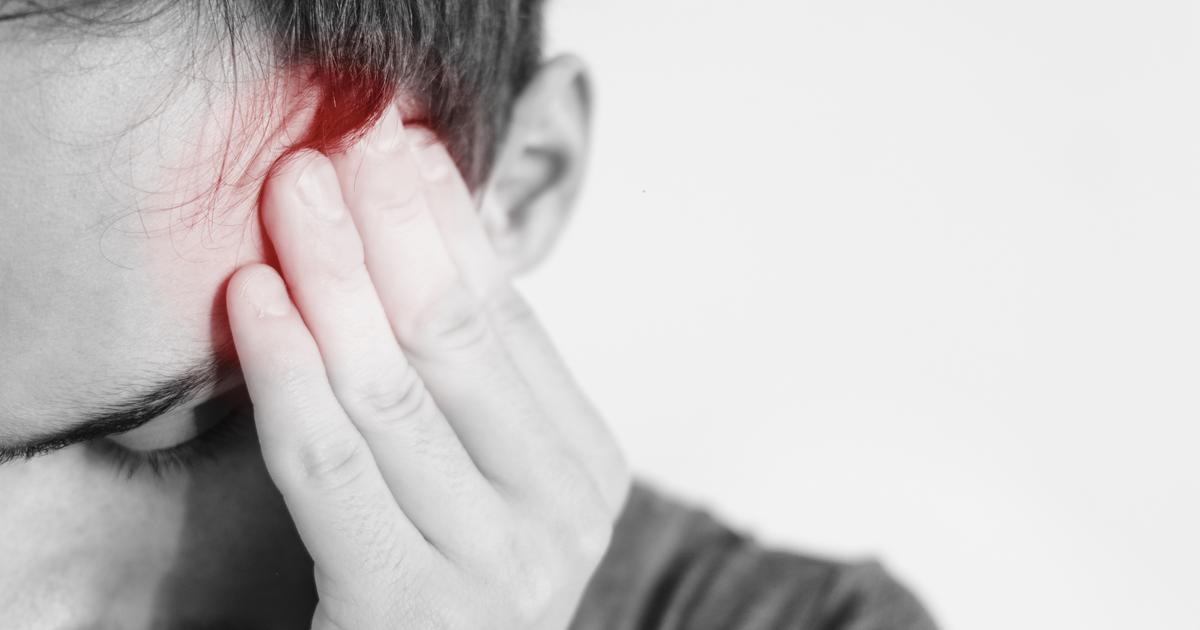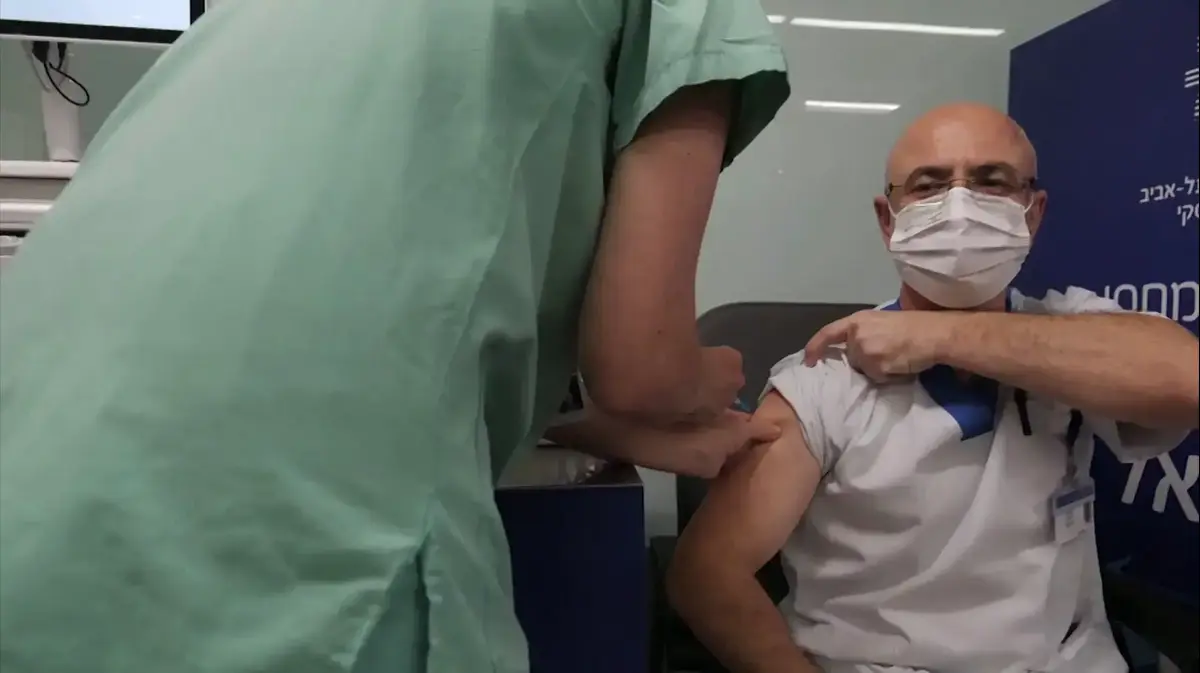Ethicist Sigrid Graumann speaks about the tense situation in the intensive care units and the escape from nursing professions.
She does not want to stigmatize unvaccinated people.
Munich - The Ethics Council has spoken out in favor of compulsory vaccination in the health sector.
The ethicist Sigrid Graumann, member of the committee, speaks about the reasons, the difficult situation in the intensive care units and the pressure on unvaccinated people who reject a vaccine against the coronavirus.
The debate about compulsory vaccination has been simmering for months.
What made balancing so difficult for you for so long?
Sigrid Graumann:
The question is always: What are we responsible for?
We advise politics, but we do not intervene in individual decisions.
But now we have the situation that breakthroughs in vaccination, but also non-vaccinated staff, pose increased risks to vulnerable groups.
Being unvaccinated is almost a stigma.
Graumann:
We obviously have a group in society that is skeptical of vaccinations.
According to the Federal Center for Health Education, only two to four percent are generally skeptical of vaccinations.
What we have now seen is that pressure is playing a role, for example in the abolition of free citizen tests.
An indirect compulsory vaccination does not convince people.
Corona: Ethicist takes vaccination skeptics under protection - "Highly stressful"
From the intensive care units one hears of unruly patients and aggression against the staff.
Whose health do you have to worry about more?
Graumann:
Both.
This is also one of the reasons why we were very cautious in our opinion with moral pressure or allegations against the staff.
You always have to see that everything that happens in nursing is extremely stressful.
Many were sick themselves.
Without a solid empirical basis to claim that these are vaccination refusals is not possible at all.
Where has the limit of what is reasonable for the medical staff been reached?
Graumann:
We are well beyond the limits.
You can also see that in the fact that so many have fled their jobs.
This is the last resort that people take.
Corona: triage in unvaccinated people?
Ethicist explains why this is not justifiable
How can you deal with the fact that you are even attacked for wanting to help people?
Graumann:
There is no such thing as a good company.
It's just extremely frustrating.
We still have to hold on to it.
There was also a demand that non-vaccinated people have to stay behind in intensive care units if there is a shortage.
We can't do that either.
That would be a breach of the dam.
In medicine, those who are in need are cared for.
Without moral qualification.
In Thuringia, Prime Minister Ramelow recently said that unvaccinated people could no longer be guaranteed treatment in his country.
In Switzerland there is already a debate about triage among unvaccinated people.
Graumann:
That is not ethically justifiable.
We also make no difference whether someone has committed a criminal offense or not.
The right to medical treatment is a human right.
We mustn't question that.
I understand that Bodo Ramelow is frustrated.
But from an ethical point of view, this is of course not possible.
Pay for corona treatment costs yourself?
There are comparable groups of people
Is there a need for a triage law?
Graumann:
I don't think so.
Doctors are repeatedly in situations where they have to make very difficult, ethically relevant decisions.
But I believe that these decisions cannot be spared those who are individually responsible.
In Singapore, unvaccinated people should pay for their treatment themselves in the future.
Can you understand that?
Graumann:
No.
These are debates that we have had in medical ethics for years.
We also discuss whether people who practice high-risk sports have to pay for their treatment themselves.
Or whether smokers have to pay for their lung cancer treatment.
Again: we have a human rights right to health care.
Regardless of the person.
Interview: Marc Beyer














